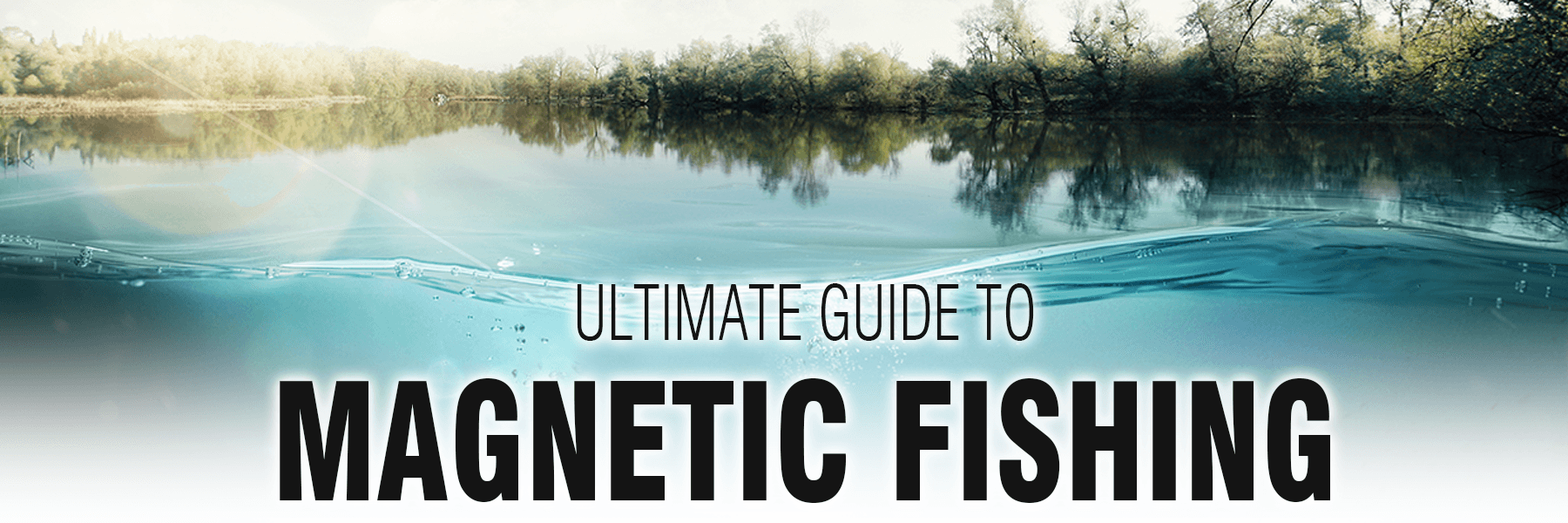Iowa is a treasure chest of spots for magnet fishing. its rivers and lakes, such as the Des Moines River, Cedar River, Mississippi River, and Saylorville Lake, hold a variety of hidden treasures waiting to be uncovered. Unlike treasure-seeking pirates, magnet fishers in Iowa have stumbled upon unexpected finds, ranging from safes filled with thousands of dollars to historical artifacts like a World War II grenade discovered in Cedar Rapids. Your next significant discovery could be just a throw away with your magnet in these waters.
Popular magnet fishing spots in Iowa include bridges, dams, boat launches, and areas frequented by swimmers, anglers, and boaters. Successful locations reported by users include Big Creek, Saylorville boat ramps and docks, Adventureland bridges, and various creeks around Des Moines. Always ensure you have permission from landowners for private areas and exercise caution around strong currents or deep water.
Magnet fishing, the thrilling hobby of using powerful magnets to uncover hidden treasures in waterways, has gained significant popularity across the United States. However, as with any outdoor activity, it’s crucial for enthusiasts to understand the legal landscape, especially when it comes to the discovery and removal of historical artifacts. In the case of Iowa, the state’s regulations on magnet fishing provide a nuanced and important perspective.
Is magnet fishing legal in Iowa?
Yes, magnet fishing is legal in Iowa, but you must get permission from the landowner before fishing on private property. Additionally, avoid magnet fishing in protected areas like state parks, wildlife preserves, or archaeological sites. In Iowa, magnet fishing enjoys a permissive stance. Unlike some states with specific regulations or outright bans, Iowa allows magnet fishing except where expressly prohibited. This means you can explore public waterways with your magnet, potentially pulling up fascinating finds like lost jewelry, old tools, or even bicycles.
Important Considerations: Where the Restrictions Lie
While the general rule is encouraging, there are key restrictions to be aware of:
- Private Property: Magnet fishing on private property requires obtaining permission from the landowner. Respecting private property rights is paramount.
- Protected Areas: State parks, wildlife preserves, and archaeological sites often have regulations against magnet fishing. It’s crucial to check with the managing authority before venturing into these areas.
- Cultural Artifacts: Iowa prohibits the removal of undefined “cultural artifacts.” This includes items with historical or archaeological significance. If you encounter something that appears potentially historical, leave it undisturbed and report it to the relevant authorities.
- Navigable Waterways: A permit from the Iowa Department of Natural Resources (DNR) is required for removing any material from the beds or banks of navigable waterways. This applies to magnet fishing hauls as well.
Iowa Magnet Fishing Laws & Regulations
When magnet fishing in Iowa, it’s crucial to follow the rules. While magnet fishing is generally permitted, certain regulations must be observed. Notably, removing cultural artifacts is prohibited. Despite the temptation to retrieve historical items from rivers and lakes, it’s essential to leave them undisturbed to preserve their historical and cultural significance.
Additionally, the Iowa Department of Natural Resources (DNR) mandates a permit for material removal from navigable waterways. If you plan to extract any material from rivers or lakes during your magnet fishing trips, you must obtain a permit from the DNR. Awareness and compliance with these regulations are vital to avoid inadvertently breaking any laws while enjoying your magnet fishing activities.
To prevent legal issues and ensure you’re operating within the law, familiarize yourself with Iowa’s specific magnet fishing regulations. Understanding and adhering to these rules not only helps you avoid potential legal trouble but also contributes to preserving the state’s historical and cultural heritage.
Respect for private property and local regulations is essential for a responsible magnet fishing experience. When planning to magnet fish in private areas, obtaining landowner permission is crucial to avoid trespassing violations and foster positive community relationships. Additionally, being mindful of restrictions in areas like state parks or protected wildlife preserves, where magnet fishing may be prohibited, shows a commitment to ethical and sustainable practices.
By securing permission and respecting property rights and environmental regulations, magnet fishers can foster a positive community image. Adhering to these guidelines supports the preservation of natural habitats and promotes an environmentally conscious approach to magnet fishing.
The Importance of Permits: Obtaining a DNR Permit
As mentioned earlier, magnet fishing on Iowa’s navigable waterways requires a permit from the DNR. Obtaining a permit is a straightforward process:
- Visit the DNR Website: The DNR website provides information on obtaining a permit, including the application form and fees https://www.iowadnr.gov/idnr/About-DNR/About-DNR/Iowa-DNR-Forms-Permits.
- Choose the Appropriate Permit: Depending on your magnet fishing activity, you may need a “Mussel Fishing Permit” or a “Commercial Use of the Beds of Streams and Lakes Permit.”
- Follow Permit Regulations: The specific regulations associated with your permit will outline allowed activities and limitations. Be sure to understand and follow these regulations.



